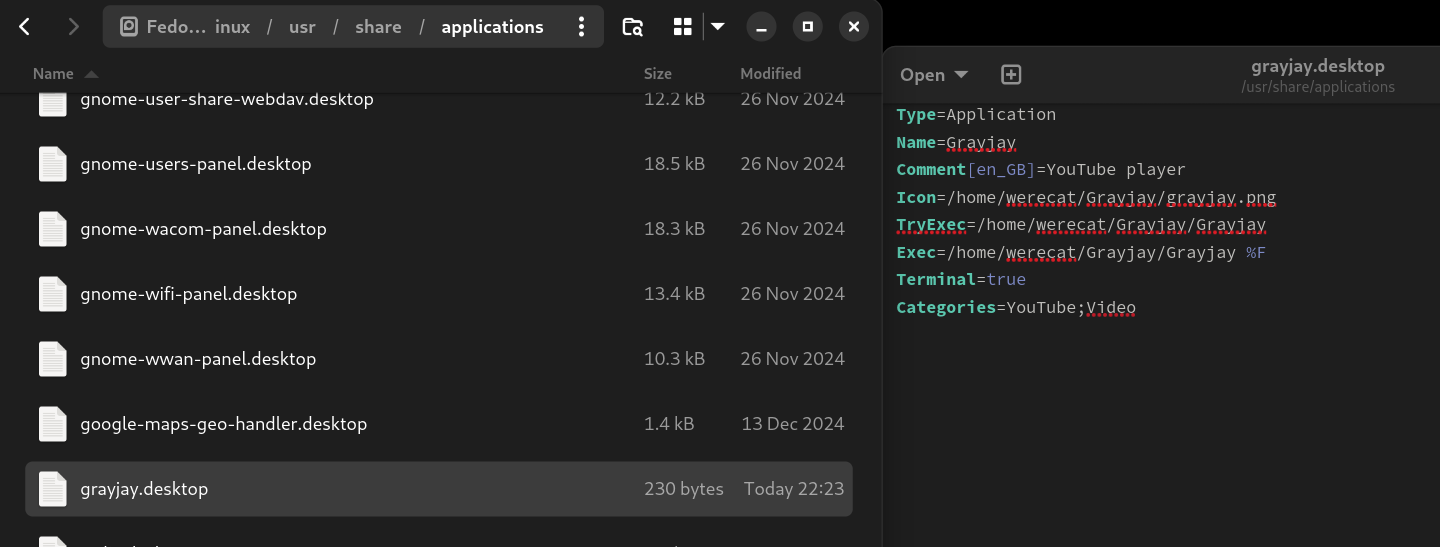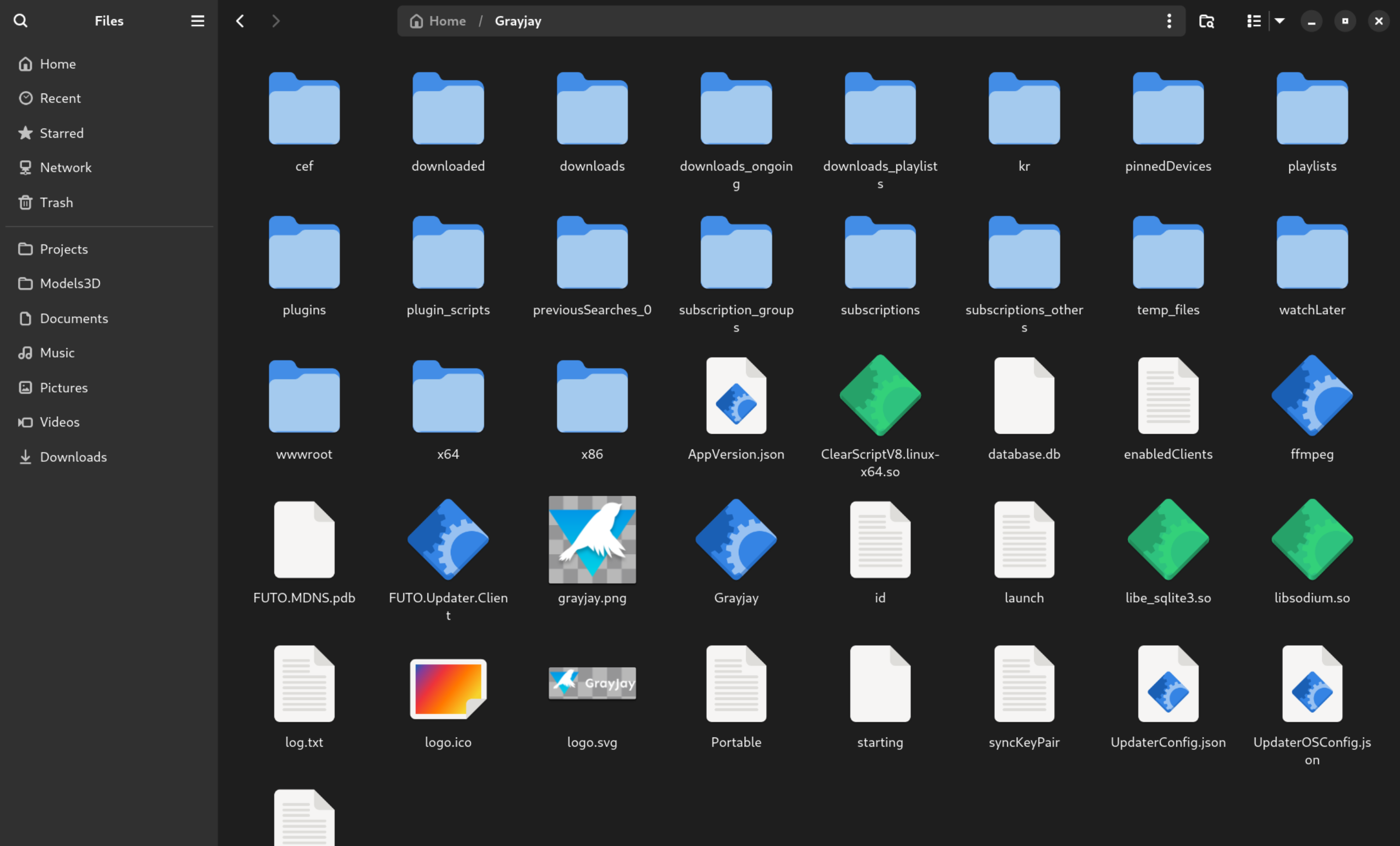this post was submitted on 21 Dec 2024
10 points (81.2% liked)
Linux
48665 readers
510 users here now
From Wikipedia, the free encyclopedia
Linux is a family of open source Unix-like operating systems based on the Linux kernel, an operating system kernel first released on September 17, 1991 by Linus Torvalds. Linux is typically packaged in a Linux distribution (or distro for short).
Distributions include the Linux kernel and supporting system software and libraries, many of which are provided by the GNU Project. Many Linux distributions use the word "Linux" in their name, but the Free Software Foundation uses the name GNU/Linux to emphasize the importance of GNU software, causing some controversy.
Rules
- Posts must be relevant to operating systems running the Linux kernel. GNU/Linux or otherwise.
- No misinformation
- No NSFW content
- No hate speech, bigotry, etc
Related Communities
Community icon by Alpár-Etele Méder, licensed under CC BY 3.0
founded 5 years ago
MODERATORS
you are viewing a single comment's thread
view the rest of the comments
view the rest of the comments



Just to make this clear (Sorry if it's unnecessary, but maybe still useful info for others)...Path= lines in .desktop files are not related at all to the $PATH environment variables. They do something completely different (And yes, picking Path as key was a terrible choice in my view). Path= lines in .desktop files change the current working directory...they do about the same as a
cd <directory>in a shell.They do not change where a .desktop file looks for executables....only indirectly if a executable runs another file relative to the current directory or looks for images/icons/audio/other data relative to the current working directory.
And I have no clue why it doesn't work with TryExec...the desktop file spec doesn't mention anything about that :( ( https://specifications.freedesktop.org/desktop-entry-spec/latest/recognized-keys.html )